Belying its simplicity and ubiquity, the price tag is a surprisingly recent economic development. For centuries, haggling was the norm, ultimately developing into a system that required clerks and shopkeepers to train as negotiators. In the mid-19th century, however, Quakers in the US began to believe that charging people different amounts for the same item was immoral, so they started using price tags at their stores to counter the ills of haggling. And, as this short video from NPR’s Planet Money explains, by taking a moral stand, the Quakers inadvertently revealed an inefficiency in the old economic system and became improbable pricing pioneers, changing commerce and history with one simple innovation.
How the Quakers became unlikely economic innovators by inventing the price tag
Producers: Bronson Arcuri, Benjamin Naddaff-Hafrey
Website: Planet Money
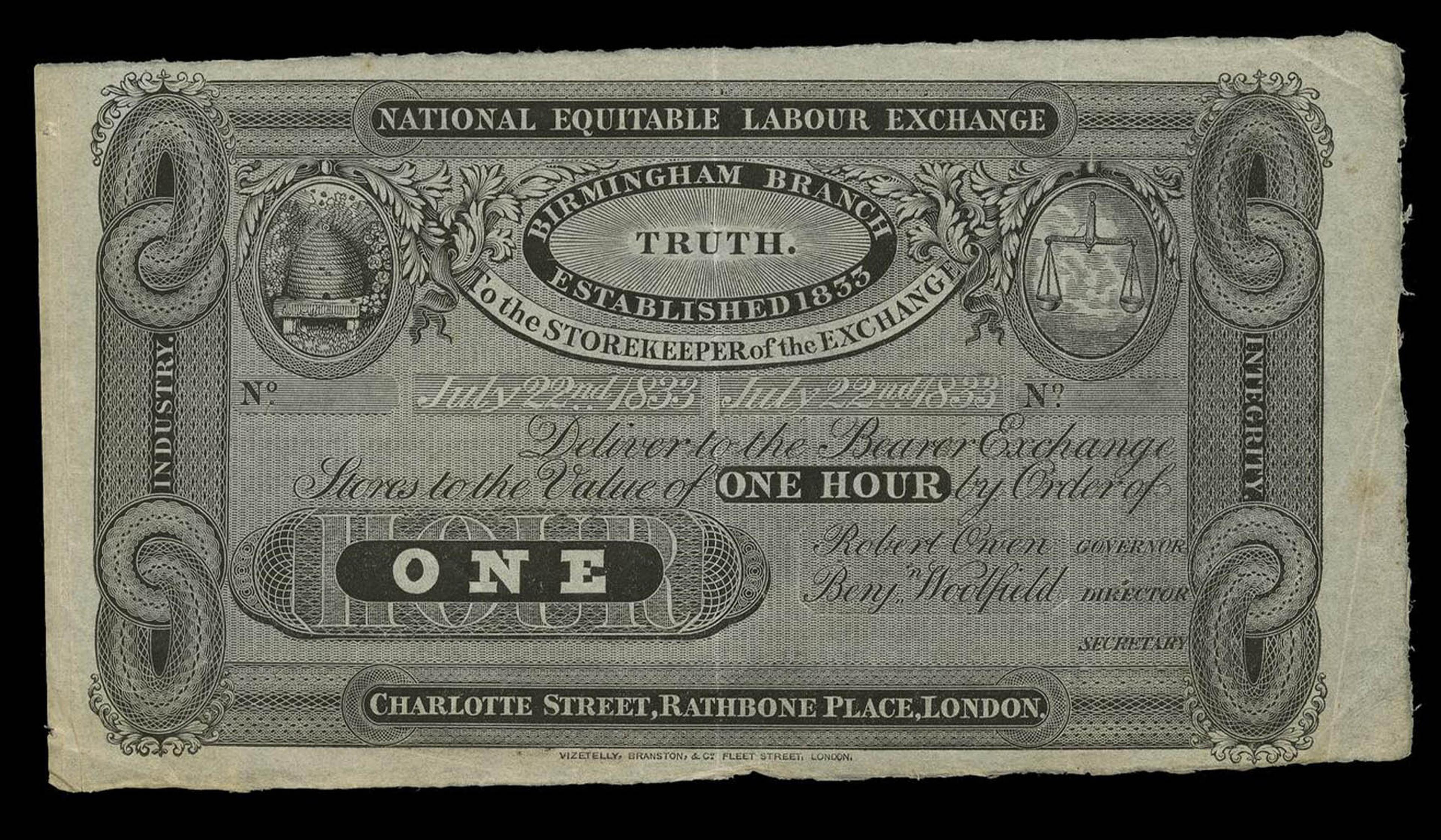
videoEconomic history
One banknote per hour of work – Robert Owen’s utopian reboot of money
4 minutes

videoEconomics
Stop deferring to the experts. Economics demands everyone’s attention
11 minutes

videoHistory of ideas
The deeply held religious convictions that kickstarted capitalism
2 minutes
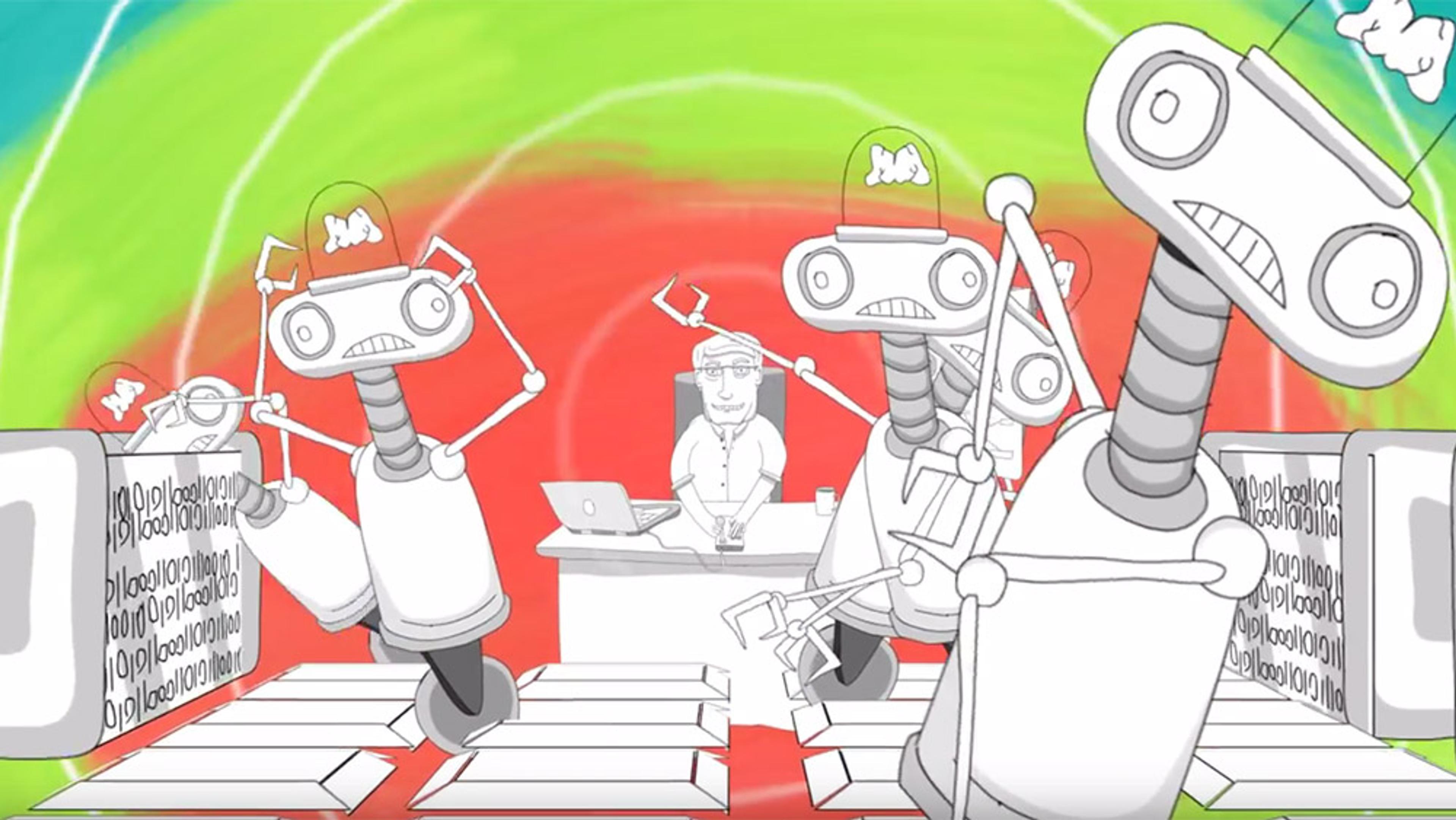
videoWork
‘Brand consultant’? ‘PR researcher’? Why the ‘bullshit jobs’ era needs to end
4 minutes
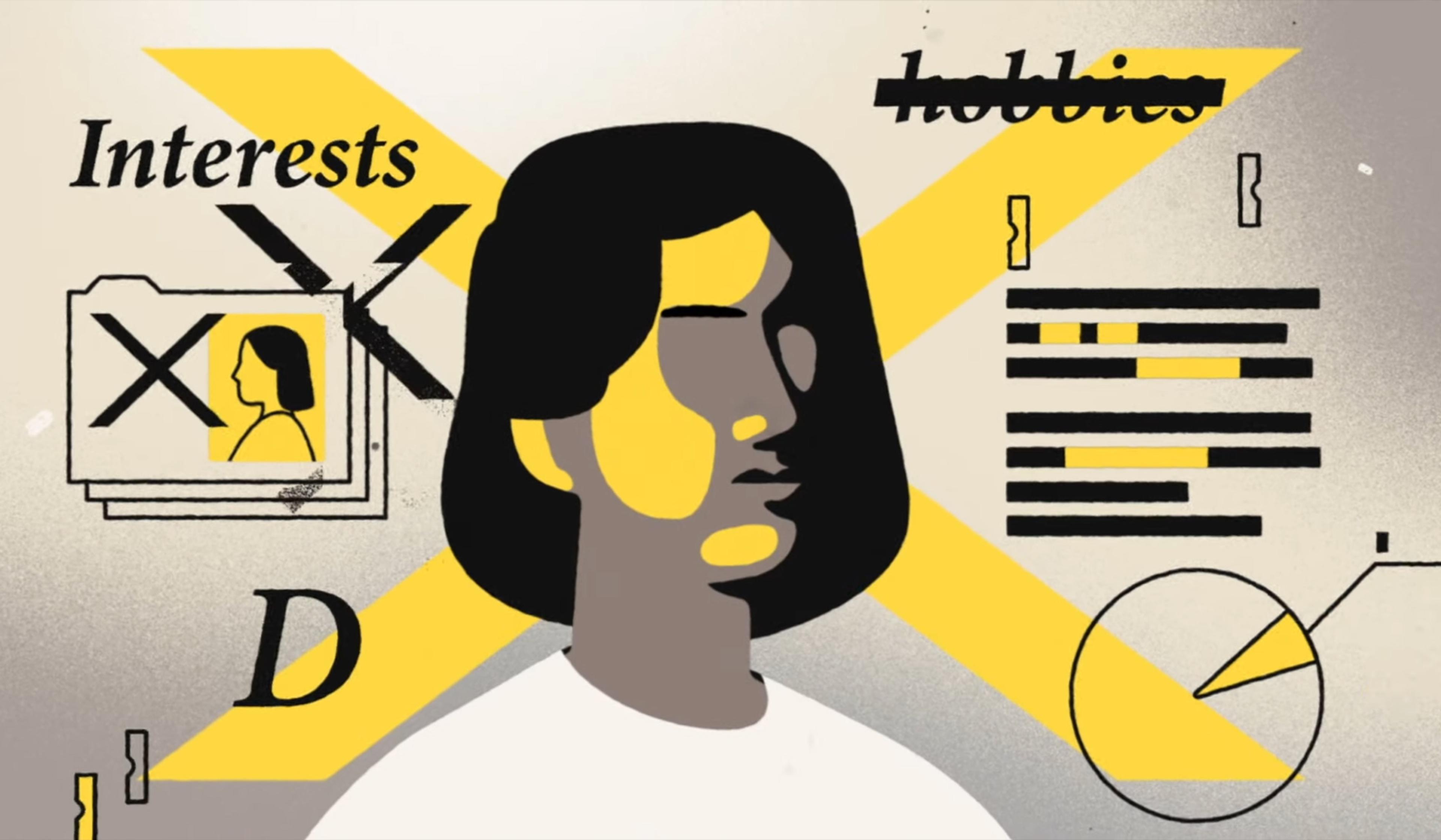
videoFuture of technology
Tech companies shroud their algorithms in secrecy. It’s time to pry open the black box
4 minutes

videoQuantum theory
The physics revolution that started with the flicker of a lightbulb
4 minutes
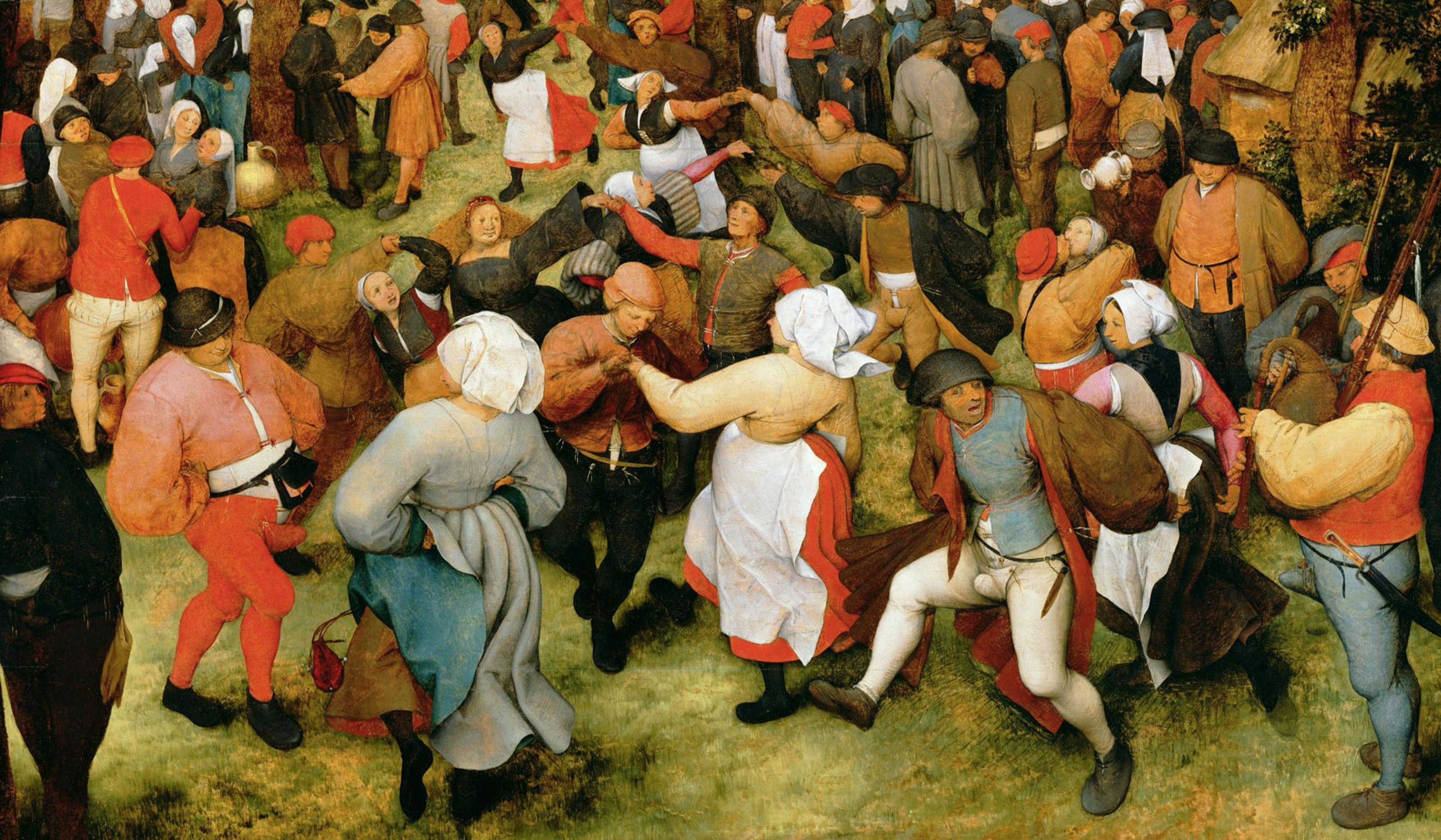
videoArt
Why European artists shifted their focus from power to peasants in the 16th century
5 minutes

videoMathematics
If simple logic isn’t working with your internet company, try Zermelo-Fraenkel set theory
6 minutes
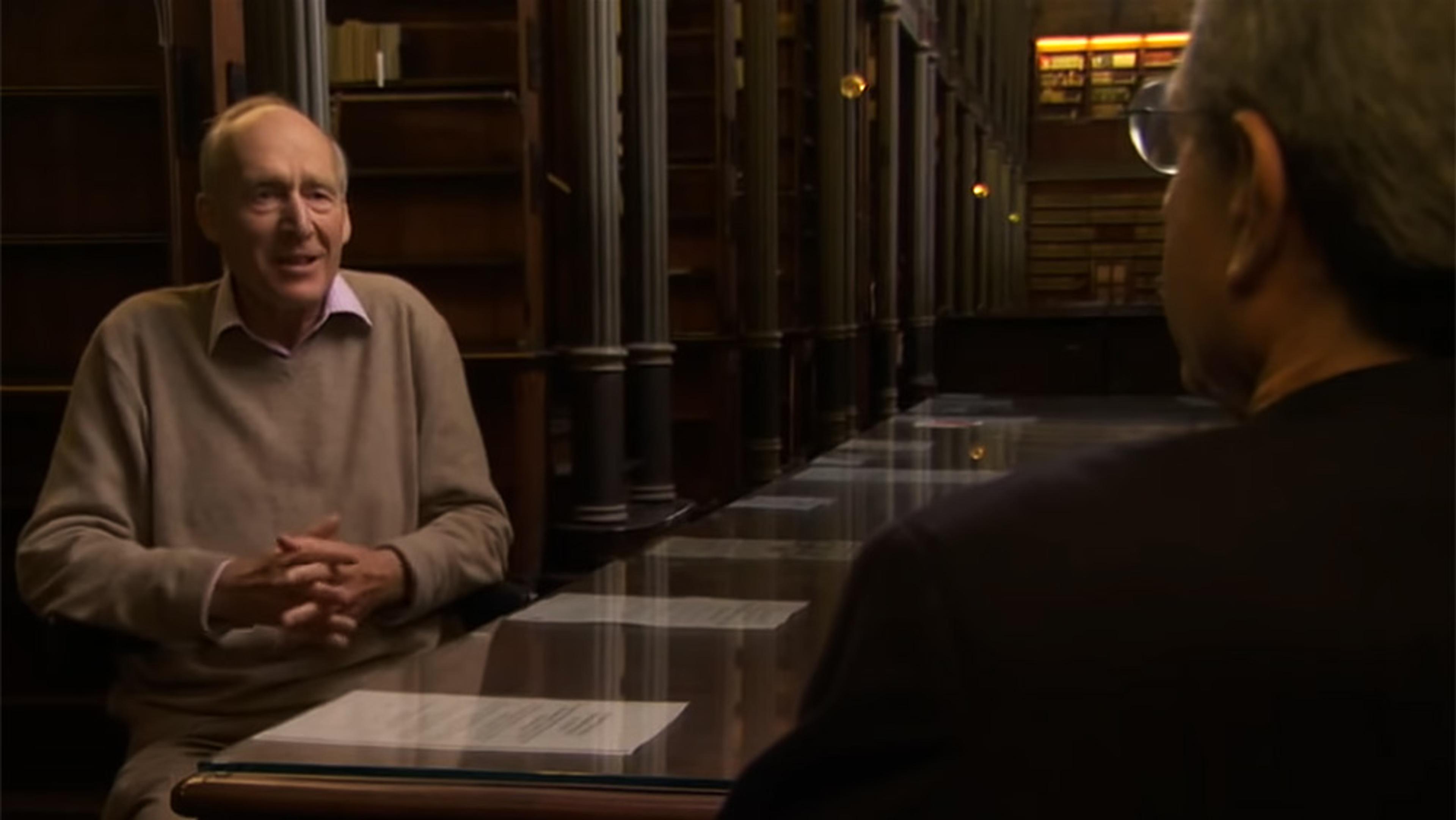
videoHistory of ideas
From sky charts to atomic clocks, time is a mysterious story that humans keep inventing
8 minutes